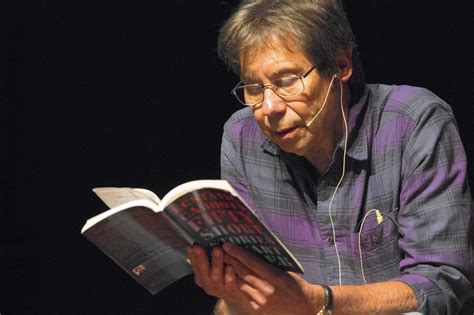A Quote by Debra Dean
With the historical fictions, I was already doing so much research, and so much of the stories was anchored by historical truth that the move to nonfiction didn't feel all that dramatic - just another half-step to the right.
Related Quotes
With a historical novel you know that liberties are being taken. Since Walter Scott, we know that poetic license, dramatic license, that events been conflated and that liberties have been taken, characters ditto, dates rearranged. But people don't seem to understand that movies are fictions, they are dramatizations, at least historical movies, and we should accord the moviemakers some of the same understanding and latitude. When you go to a movie you know it's a dramatization and not history.
In 'Labor Day Hurricane, 1935,' Douglas Trevor vividly recreates a historical event. While that is the only story in A THIN TEAR IN THE FABRIC OF SPACE in the historical past, many of the other stories juxtapose fact-both historical and scientific-with narration to an engaging effect, one that distinguishes the voice of this new writer.
Africans and persons of African descent must assume the primary responsibility and leadership in historical research....if we are to continue to leave practically all important historical research and writing concerning the black race to the white man, then we must be prepared to accept, uncomplainingly, the white man's point of view.
For film, I think because it's more detailed, and especially with historical material, you really have to find the right projects. Speaking as a mixed-race woman, there aren't many historical stories about people like me. When people think of 'dual heritage,' they think it's a modern concept, but really it's not.



































